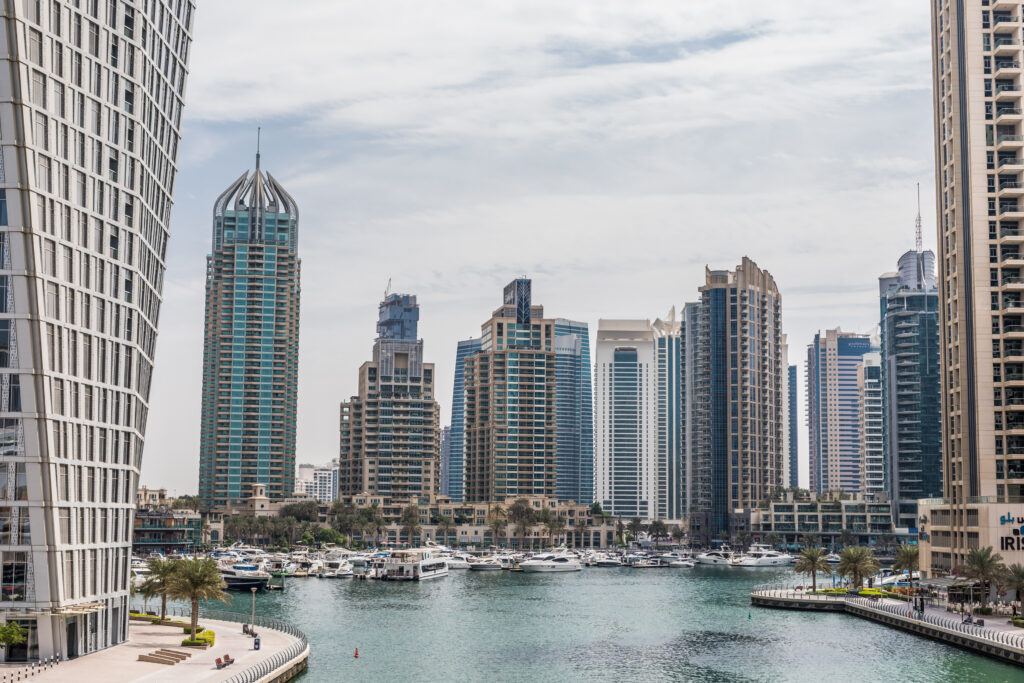August 26, 2025 | Dubai, UAE: Indian Dubai property investors have been issued a strong warning against using international credit cards for down payments. Legal and tax experts confirm that such transactions violate the Reserve Bank of India’s regulations and could result in serious regulatory consequences.
Real estate professionals emphasise that credit card usage is strictly limited to current account transactions such as shopping and travel expenses. Using international credit cards for any form of foreign investment, particularly Dubai property purchases, bypasses mandatory compliance frameworks established under Indian law.
Regulatory Violations Under FEMA Guidelines
Anurag Chaturvedi, CEO of Andersen UAE, explained that under the Foreign Exchange Management Act (FEMA), property purchases are classified as capital account transactions. However, international credit cards are only permitted for current account transactions, such as travel, shopping, and education-related payments.

“Using an international credit card to pay for real estate abroad bypasses the Reserve Bank of India’s approved framework, namely the Liberalised Remittance Scheme, which is the only legal channel for Indian residents to invest in overseas property,” Chaturvedi stated. The RBI has explicitly clarified that international credit card usage for real estate transactions must follow Liberalised Remittance Scheme norms, making any bypass a FEMA violation.
The Liberalised Remittance Scheme allows Indian residents to remit up to $250,000 per financial year through authorised banks, ensuring tax compliance, reporting, and regulatory oversight. This framework provides the legal foundation for all Dubai property investments by Indian nationals.
Read More: Dubai Luxury Real Estate Demand Soars After $116m Villa Sale
Recent Cases Trigger Enforcement Action
Several Indian nationals who purchased Dubai property using international credit cards are now under regulatory scrutiny by the RBI and Enforcement Directorate. These buyers initially believed they could avoid the 20% Tax Collection at Source (TCS) on overseas remittances by using credit cards.

Many property buyers clicked on payment links shared by Dubai developers or swiped cards during UAE visits to make down payments. The process seemed convenient, requiring no bank visits or paperwork, but created serious compliance violations.
Gaurav Keswani, CEO of JSB Incorporation, stressed that international credit card payments for overseas property are not aligned with RBI guidelines and the Liberalised Remittance Scheme requirements. These transactions must be conducted through authorised banks with comprehensive documentation.
Financial and Legal Consequences
Buyers using international credit cards for Dubai property face multiple risks, including penalties for breaching FEMA provisions, potential tax liabilities, and legal action if money laundering suspicions arise. Some individuals may be forced to reverse their payments and complete transactions through authorised banking channels.
The financial drawbacks extend beyond legal consequences. International credit card payments involve high interest rates, foreign exchange markups, and additional fees, making this method economically imprudent for high-value Dubai property transactions.
Rajesh Shah, partner at CA firm Jayantilal Thakkar & Co, advised that buyers who unintentionally used credit cards should approach the RBI to regularise their payment method. The regulator may consider compounding the contravention rather than requiring property sales.

Proper Investment Procedures for Dubai Property
Legal experts recommend that Indian residents follow established procedures when investing in property. The Liberalised Remittance Scheme requires remittances through authorised banks within the annual $250,000 limit. Banks must verify that applicants have maintained accounts for a minimum of one year before capital account transactions.
Moin Ladha, partner at law firm Khaitan & Co, confirmed that Dubai property purchases are specifically permitted under Foreign Exchange Management (Overseas Investment) Rules, 2022. These rules prescribe approved methods, including inheritance, gifts, funds in resident foreign currency accounts, and remittances under the Liberalised Remittance Scheme.
Property industry professionals report that some Dubai developers accept partial down payments as reserves, typically less than AED 80,000, allowing buyers time to complete authorised transfers. However, even these smaller amounts must comply with the Liberalised Remittance Scheme regulations when paid by Indian residents.
Chaturvedi summarised the situation: “Buying property abroad with an international credit card is like trying to pay for a house with a travel wallet – it’s not permitted, and it could get you into serious trouble”. All Dubai property investments by Indian nationals must follow authorised banking procedures to ensure regulatory compliance and avoid future complications.
Also Read: Dubai Luxury Real Estate Demand Soars After $116m Villa Sale














